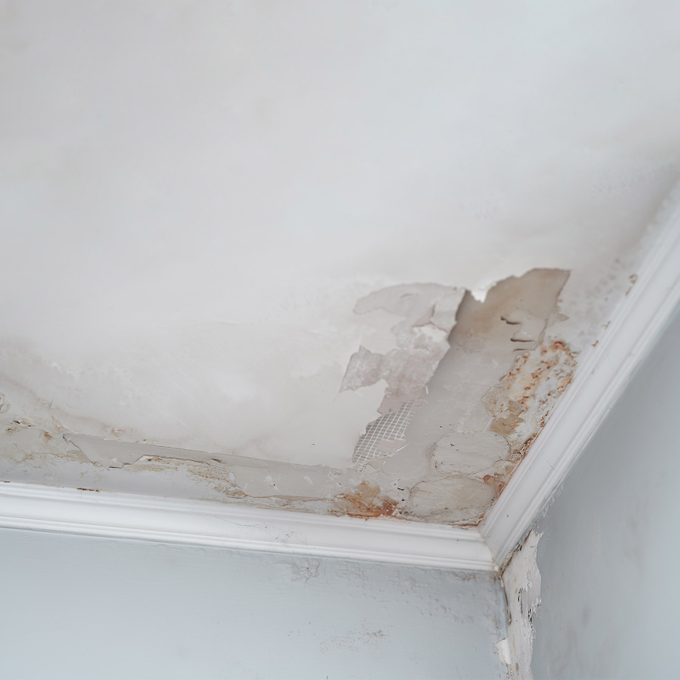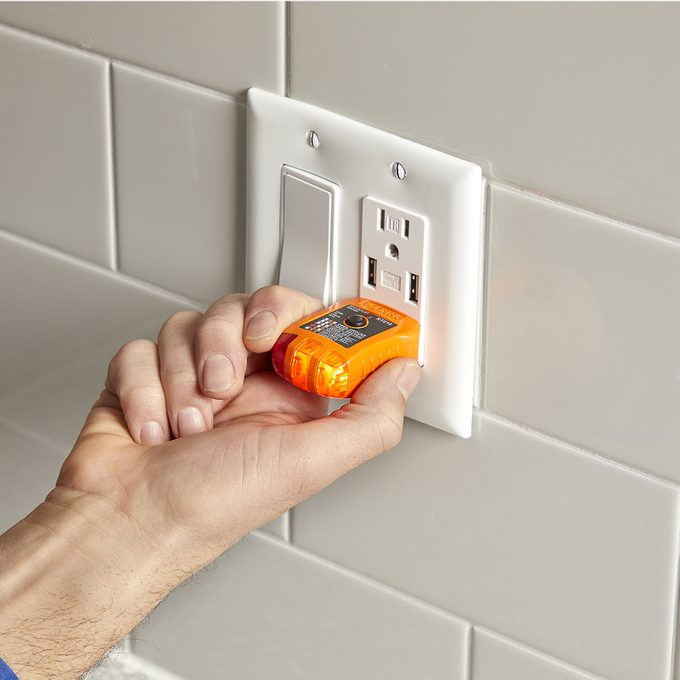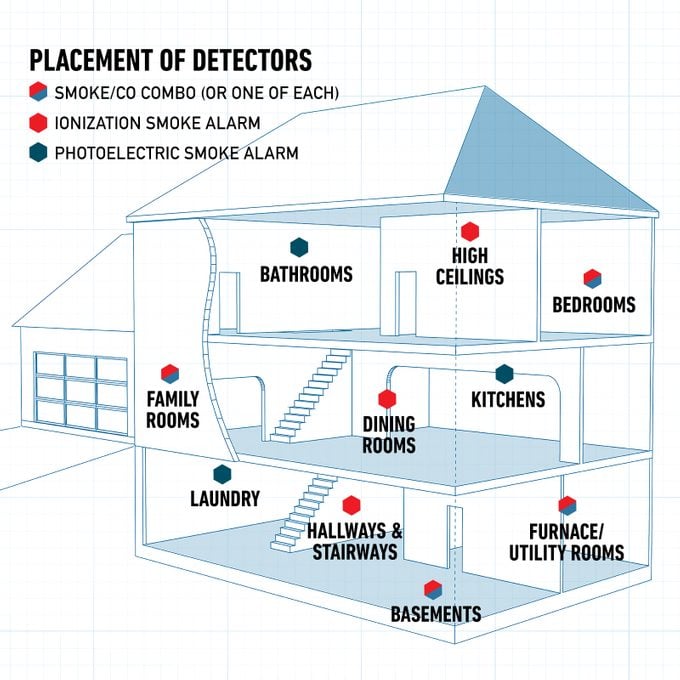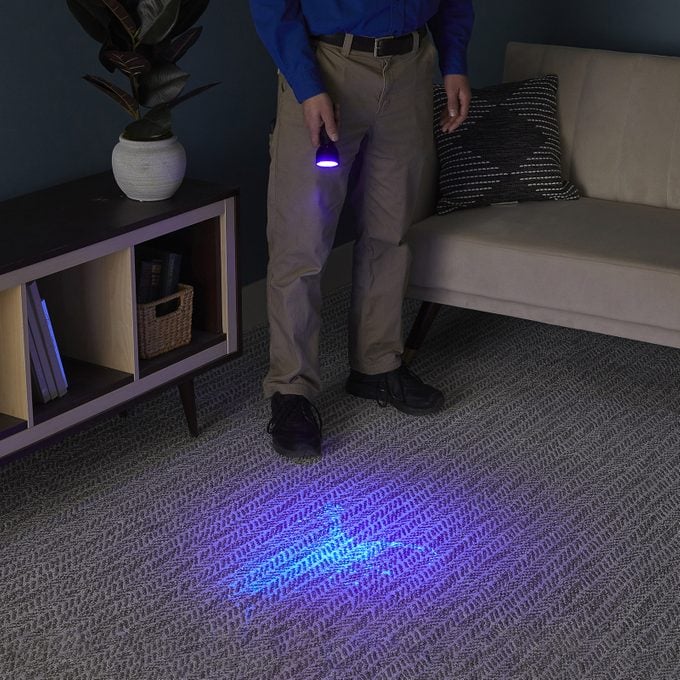Home Inspection Tools and Lessons From a Pro
When you’re buying or selling a home, it helps to have an ally. Hiring a home inspector can help you avoid surprises at the closing table. I talked to Chris Meis of Honest Home Inspection to learn the most common issues he finds and what advice he has for buyers and sellers alike, including a list of essential home inspection tools.
Meet the Expert: After careers in construction, automotive mechanics and cabinetry, Chris Meis found a profession where he can apply and share all his knowledge.

Nuisance Plumbing Leaks

- Ceiling stains mean there’s a leak somewhere, but it might not be directly above the stain.
- Sinks, toilets and tubs are all potential sources of water leaks.
- If not repaired, leaks lead to water stains, rotten floors and mold.
Don’t Skip the Inspection!
- Unless you’re a housing professional with the tools and ability to spot and take care of issues yourself, skipping an inspection is a dangerous game. Don’t do it!
Receptacles and Switches

- Meis commonly finds dropped grounds or swapped wires in electrical outlets and switches.
- His circuit tester quickly indicates problems with GFCI and normal receptacles.
- Buy your own tester, or hire a pro if needed.
Ask About Insurance
- Housing inspectors may not be required to keep Errors and Omissions insurance in your region.
- If they don’t have insurance and miss something that turns out to be significant, you may have no recourse.
- Always ask about this up front and make an informed decision.
No Repair? Be Ready To Ask For a Lower Price
- It’s important for buyers to understand that a seller may choose not to fix the problems highlighted in the inspection report.
- This is the buyer’s opportunity to negotiate a better purchase price for taking on the repairs.
Inadequate Smoke and Carbon Monoxide (CO) Detectors

- Meis often finds houses with inadequate smoke and CO detectors.
- Your home needs a smoke detector in every bedroom and on every floor.
- A CO detector must be within 10 feet of every bedroom.
Which Issues Do You Need to Tackle First?
- Once you’ve closed on your new home, the real work begins.
- Meis likes to help his clients formulate a plan to address the issues discovered in the inspection.
- You don’t need to fix everything at once. Meis suggests prioritizing projects and creating a repair plan that fits your timing and budget.
Roofing

- The roof is the single most important protective element for any house, and Meis finds plenty of problems here. Vents, chimneys and flashing are all potential weak spots. Keep a close eye on a tile roof for storm damage or wear.
DIY or Hire a Pro?
- Determine which issues you can fix yourself and which are better suited for an expert.
- Roofing, electrical and plumbing are best left to the professionals.
Be Proactive
- Even if you’re not in the market to sell, an inspection is a fantastic way to gauge the health of your home.
Exterior Water Management

- Meis commonly encounters poor exterior water management.
- When full of debris, gutters will overflow and water will find its way into the basement.
- If you keep your gutters clean and intact, you’re one step closer to a dry basement and a healthy house.
Do a Presale Inspection
- Position yourself for a quick and happy sale by doing a pre-listing inspection.
- It highlights any issues up front and avoids surprises at the closing table.
Pet Stains

- It’s not uncommon for sellers to have the carpets cleaned just before they begin showings.
- A freshly cleaned carpet may mask pet stains from our eyes, but it may still be hiding a dirty little secret.
- Meis uses a black light to find evidence of pet stains. Eww!
Check for Mold
- Selling a home with mold is difficult; mold may even be a deal breaker.
- Mold is most commonly found in attics, basements and bathrooms. If you think your home has mold contamination, Meis recommends scheduling a comprehensive mold inspection right away to find out if there’s a problem and how big it might be.
- It’s always best to deal with this issue before listing for sale.
Go-to Home Inspection Tools

Meis brings these home inspection tools with him every day.
Mask
Home inspection is often a dirty business. Meis protects himself with a Rikon half mask respirator ($50).
Black light
Even after carpet cleaning, pet stains can still be detected with a black light. Not for the faint of heart.
Flashlight
This rechargeable lithium-ion flashlight from Milwaukee ($80 online) has served Meis for years.
Radon monitor
This RadStar monitor ($1,400) allows Meis to test for radon, but it also gives him insight into other environmental variables.
Camera
Meis and his crew document everything, so a digital camera is essential.
Collapsible bucket
Meis never knows when he may need a bucket. This one fits in his toolbox.
Laser thermometer
This helps Meis determine whether in-floor heating is working. Expect to pay about $45 for one.
Moisture meter
If water damage is hidden, a Protimeter moisture meter ($400 and up online) will find it.
Screwdriver
Basic? Yes. Indispensable? Absolutely!
Raport app
With an app on his phone, Meis provides detailed reports to his clients via email.
Water pressure gauge
This Rain Bird gauge ($65 online) gives Meis an accurate reading of water pressure throughout the house.
Outlet tester
This reveals whether an electrical outlet has a dropped ground or swapped lines. They’re available at any hardware store.
No comments